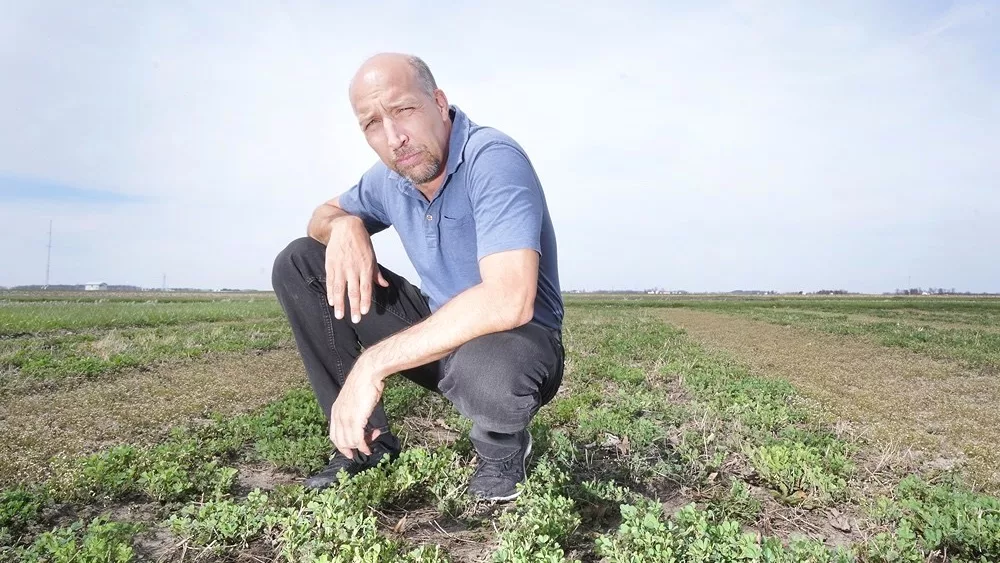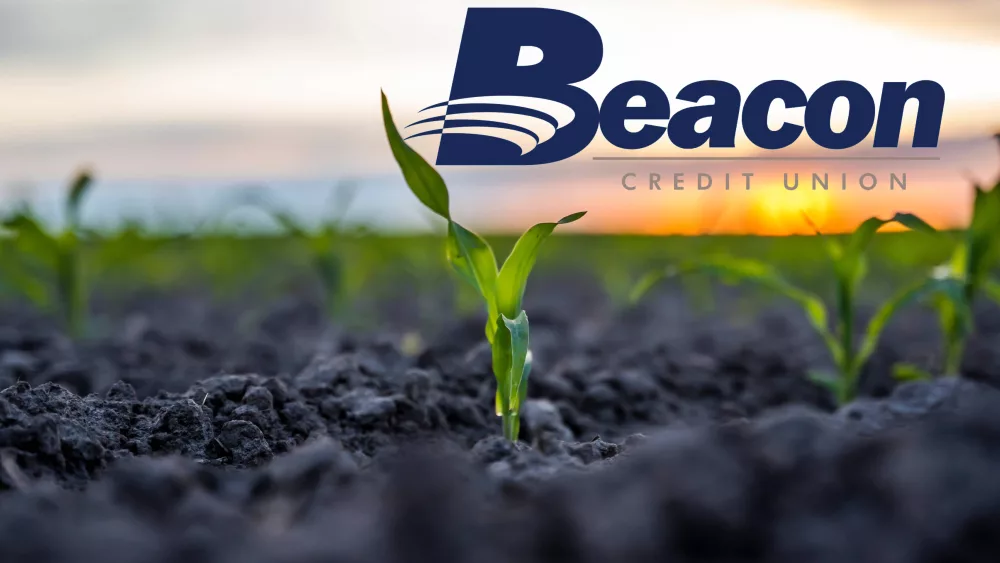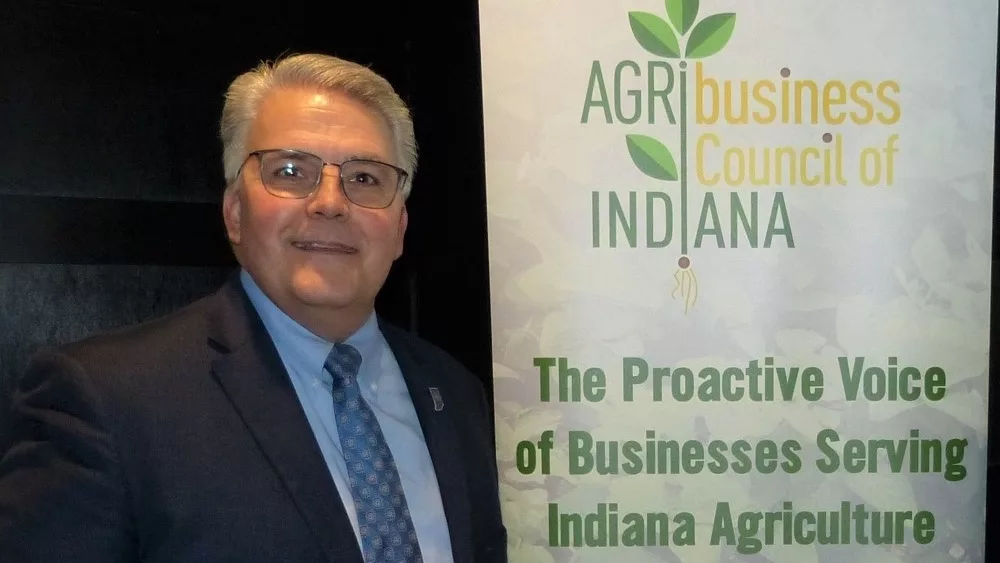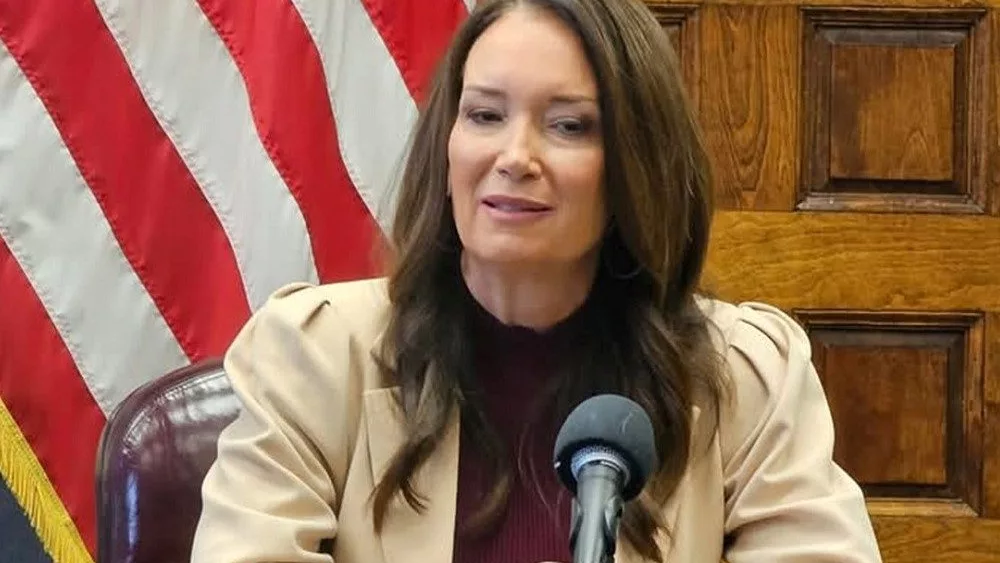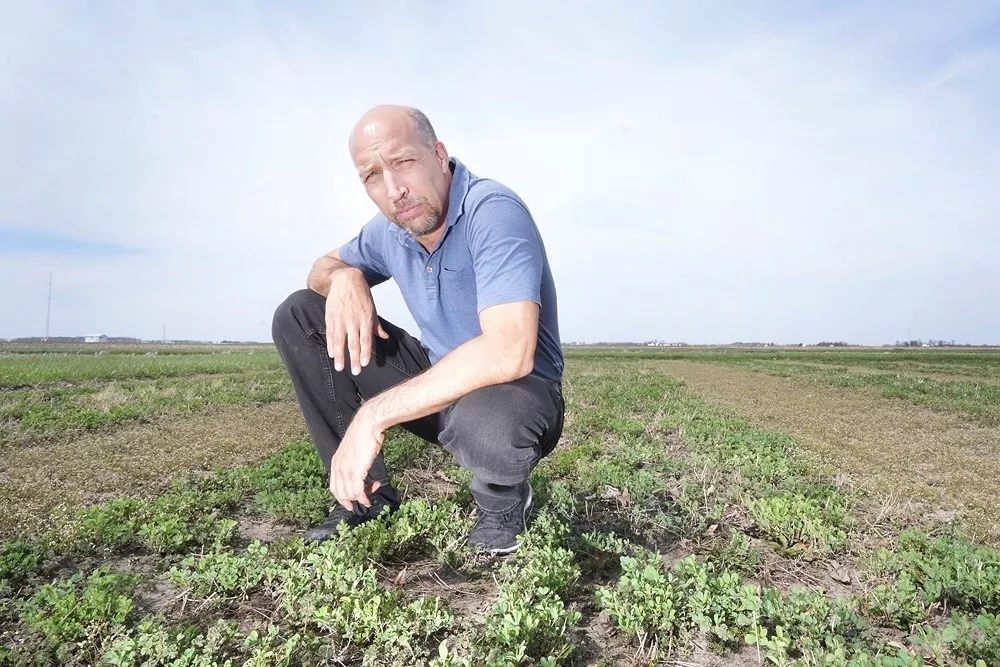
At Purdue University’s College of Agriculture, they’re not only preparing students to become our next generation of ag leaders, they’re also conducting valuable research to benefit Indiana’s farmers.
“The Purdue Agricultural Centers—being Purdue-owned, being Purdue-managed—allow us to do some work that’s can be a little bit more experimental,” says Christian Krupke, Professor of Entomology at Purdue. He is also the Dean’s Fellow for Resilient Agriculture to provide research leadership aimed at making agriculture more productive and durable.
Much of the research done at the eight Purdue Ag Centers located throughout Indiana focuses on how to make crops more resilient to different stresses—such as pests, heat, drought, and disease.
“By using the Purdue Ag Centers to investigate, we are a little bit more able to weather the ups-and-downs and the economics when certain approaches don’t work as well as we thought than a producer could because it’s their livelihood,” he says.
A major benefit of using the Purdue Ag Centers for research is the amount of farmland they have to work with. Several of their test plots are ten acres in size.
“Ten acres is still, of course, smaller than your average corn or soybean field in Indiana, but it’s at least of a scale that gets rid of some of the variation when it comes to yields and the variability across fields, so it’s more representative of what an actual producer would see in terms of scale.”
Krupke says the Purdue Ag Centers are also spread out across Indiana to be more closely connected with producers in the different regions of the state to share research and receive feedback.
“Part of the reason for locating them at areas throughout the state is to have them closer to where people may be and so they don’t have to travel all the way to campus or to the Agronomy Farm close to main campus to see it,” says Krupke.
Krupke is a guest on the latest episode of the Hoosier Ag Today Soil Health Podcast hosted by Elise Koning. Krupke is joined by Joel Wahlman, Superintendent of the Southeast Purdue Agricultural Center in Jennings County, Indiana, as they go into further detail about the research that is planned at the Purdue Agriculture Centers for 2024.
Click below to hear the Hoosier Ag Today Soil Health Podcast—presented by the Conservation Cropping Systems Initiative. You can learn more about their efforts and see a schedule of events at ccsin.org.

